The 13th Annual Postgraduate Research Conference, hosted by the Doctoral College.
Nurudeen Adesina (PhD, FHSS) with this poster entitled: Effectiveness and Usability of Digital Tools to Support Dietary Self-management of Gestational Diabetes Mellitus: A Systematic Review.
Click the poster below to enlarge.
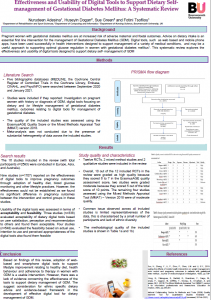
A systematic search of Medline, Embase, CINAHL, Cochrane library and Web of Science using key search terms identified 1476 papers reporting research studies, of which 16 met specified inclusion criteria. The quality of the included studies was assessed using the ErasmusAGE Quality Score or the Mixed Methods Appraisal Tool version 2018. Meta-analysis was not conducted due to the presence of substantial heterogeneity of data across the included studies. Our findings show that adoption of digital tools to support lifestyle improvement relating to healthy diet, health behaviour and adherence to therapy in women with GDM is a usable intervention. However, there was a lack of evidence concerning the effectiveness of the tools to support dietary management of GDM. Our systematic review suggests consideration for ethnic specific dietary advice and evidence-based framework in the development of effective digital tool for dietary management of GDM.
You can view the full poster exhibition and pre-recorded presentations on the conference webpage.
If this research has inspired you and you’d like to explore applying for a research degree please visit the postgraduate research web pages or contact the Doctoral College dedicated admissions team.
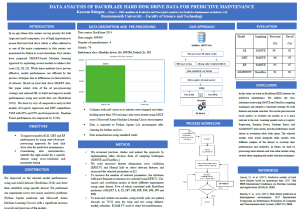
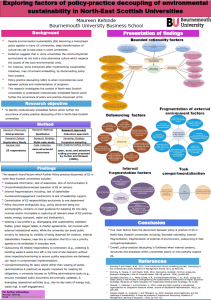
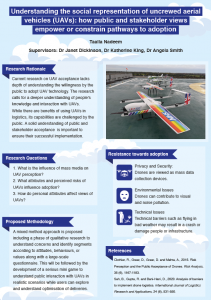
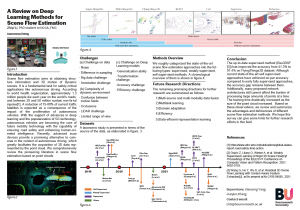
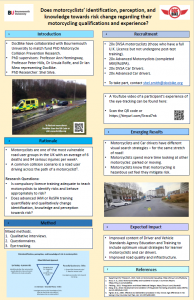
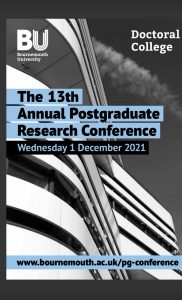
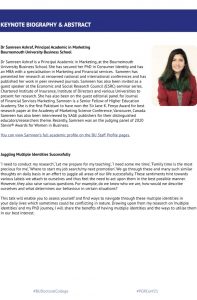
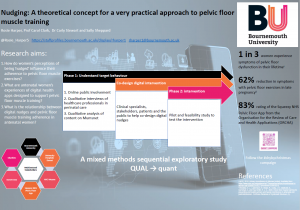
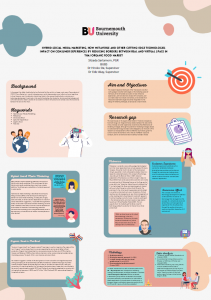
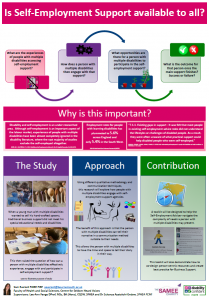
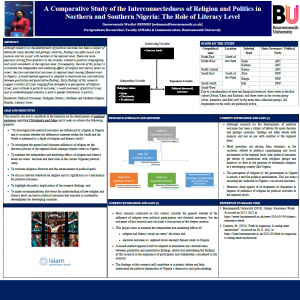
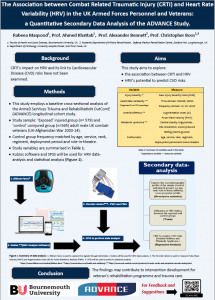
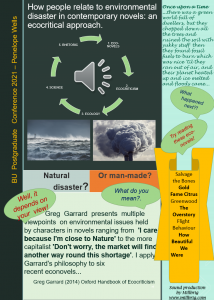
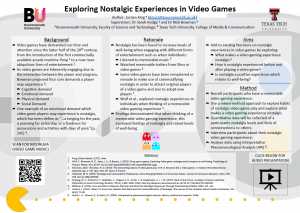
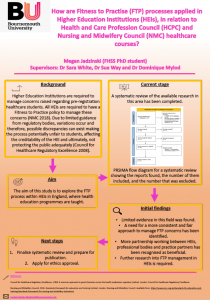
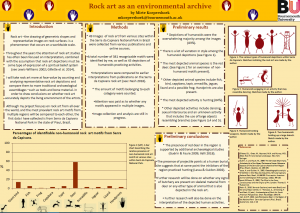
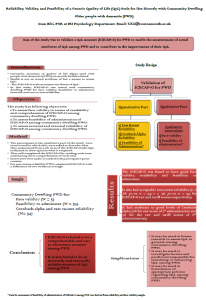
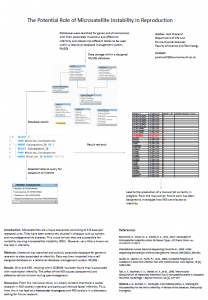











 Dr. Ashraf cited on ‘Modest Fashion’ in The Guardian
Dr. Ashraf cited on ‘Modest Fashion’ in The Guardian NIHR-funded research launches website
NIHR-funded research launches website Academics write for newspaper in Nepal
Academics write for newspaper in Nepal New paper published on disability in women & girls
New paper published on disability in women & girls MSCA Postdoctoral Fellowships 2025 Call
MSCA Postdoctoral Fellowships 2025 Call ERC Advanced Grant 2025 Webinar
ERC Advanced Grant 2025 Webinar Horizon Europe Work Programme 2025 Published
Horizon Europe Work Programme 2025 Published Horizon Europe 2025 Work Programme pre-Published
Horizon Europe 2025 Work Programme pre-Published Update on UKRO services
Update on UKRO services European research project exploring use of ‘virtual twins’ to better manage metabolic associated fatty liver disease
European research project exploring use of ‘virtual twins’ to better manage metabolic associated fatty liver disease